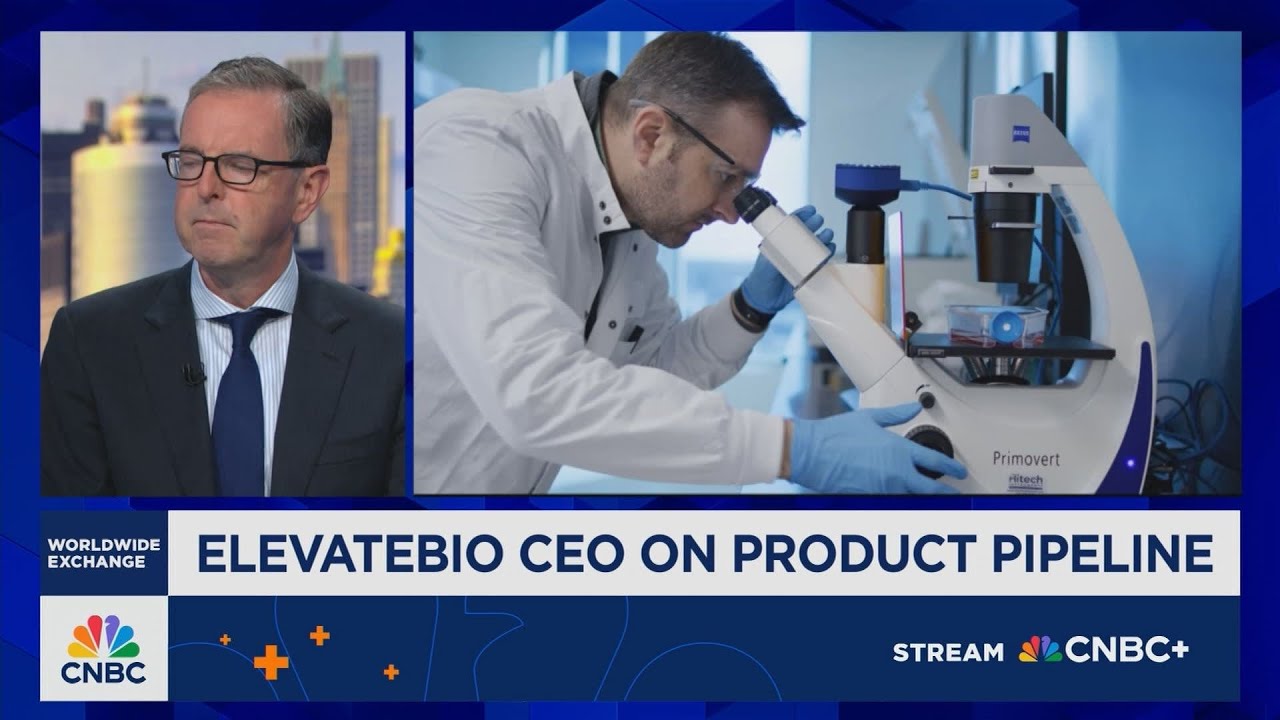Gerard Brophy, CEO of ElevateBio, highlights how CRISPR technology, enhanced by AI, is poised to revolutionize gene editing and develop treatments for rare diseases and cancer, especially in underserved areas like pediatric cancers. He also emphasizes the importance of domestic manufacturing and supportive regulatory developments in accelerating the delivery of innovative therapies to patients.
Gerard Brophy, CEO of ElevateBio, discusses the company’s focus on CRISPR technology, highlighting its potential to revolutionize gene editing and develop treatments for rare diseases. Unlike mRNA and RNA technologies, CRISPR allows for precise modifications to a patient’s DNA, enabling the identification of new therapeutic targets and correction of genetic disorders. ElevateBio has built a powerful CRISPR toolbox, enhanced by artificial intelligence (AI), to accelerate the discovery and development of new treatments, aiming to bring therapies to market more rapidly.
Brophy emphasizes that cancer is likely to be the first area where CRISPR-based treatments will have a significant impact. He points out that many cancers, especially rare and pediatric types, currently lack effective treatments. The ability to understand and modify cancer at a molecular level using CRISPR could be transformative. The company’s platform, supported by AI, is designed to identify molecular targets quickly and develop therapies that can address these difficult-to-treat cancers, potentially improving outcomes for patients with limited options.
The conversation also touches on regulatory developments, with Brophy noting positive signals from the U.S. government. Recent meetings involving the Department of Health and Human Services, FDA, NIH, and CMS have shown support for cell and gene therapies, including efforts to speed up approval processes for rare disease drugs. These regulatory tailwinds are seen as beneficial for companies like ElevateBio, as they can help bring innovative treatments to patients faster and foster growth within the biotech sector.
Brophy addresses concerns about supply chain reliance, particularly on China for raw materials and manufacturing. He reassures that ElevateBio is primarily U.S.-based, with manufacturing facilities in Massachusetts and Pittsburgh. The company is committed to building a resilient supply chain domestically, supporting local manufacturing initiatives and STEM education. Brophy highlights that Pittsburgh, in particular, is becoming a hub for biotech manufacturing and innovation, emphasizing the importance of domestic production capabilities in ensuring supply security for advanced therapies.
Overall, Brophy presents a optimistic outlook for the future of CRISPR and gene editing technologies, driven by advancements in AI, supportive regulatory environments, and a focus on domestic manufacturing. He underscores the potential for these innovations to transform treatment landscapes for cancer and rare diseases, ultimately improving patient outcomes and accelerating the pace of medical breakthroughs.
